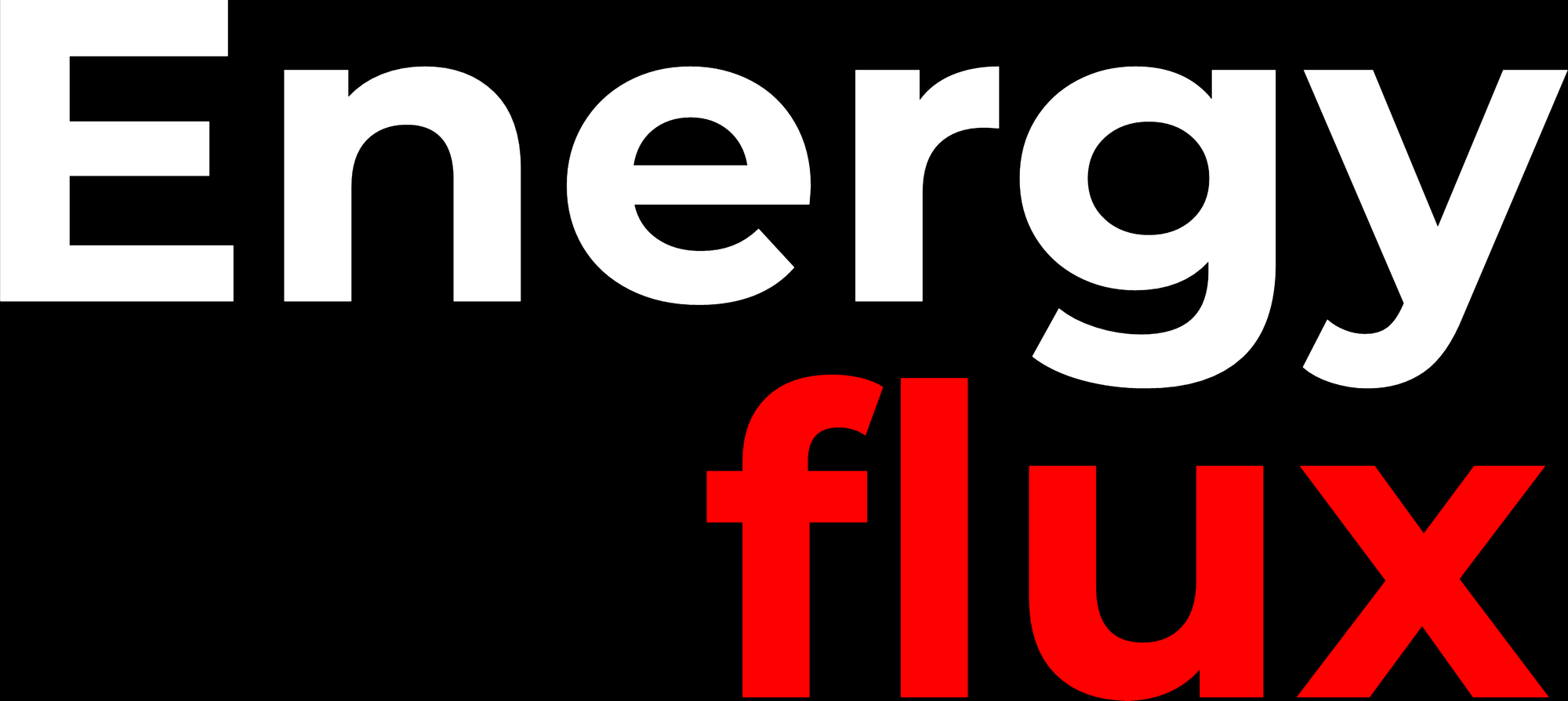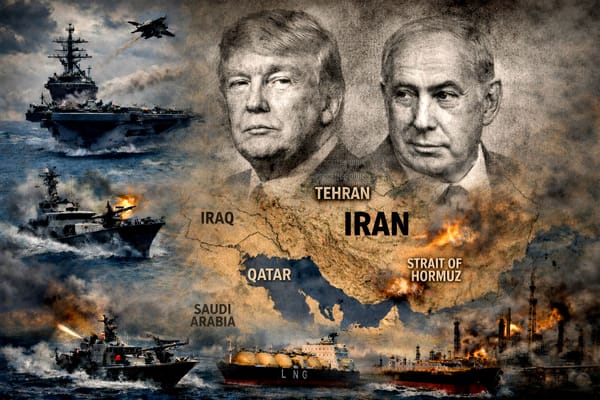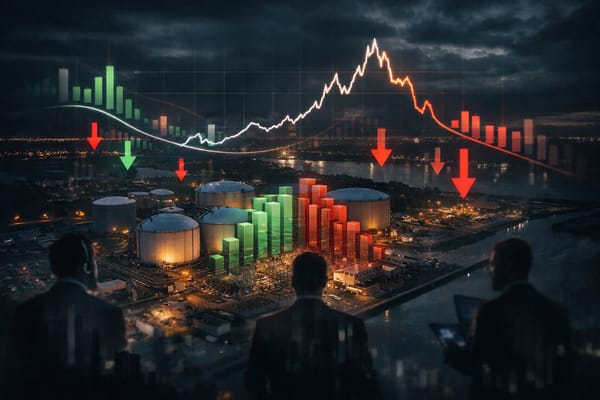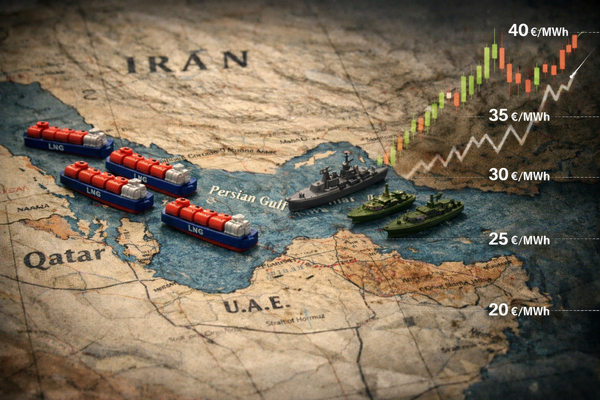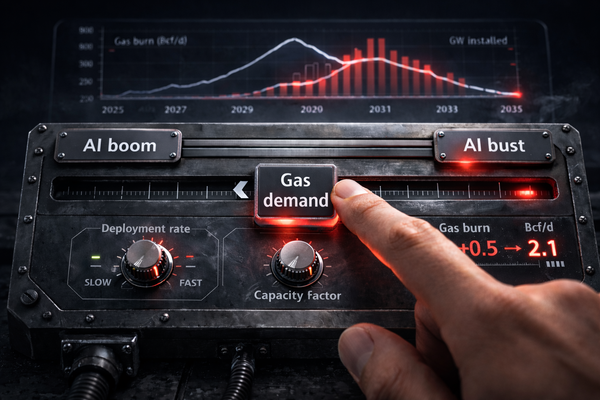‘Fixing methane leaks is plumbing, not rocket science’
PODCAST: With special guest Jonathan Banks, international director, methane at the Clean Air Task Force

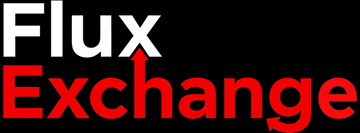
Member discussion: ‘Fixing methane leaks is plumbing, not rocket science’
Read what members are saying. Subscribe to join the conversation.
